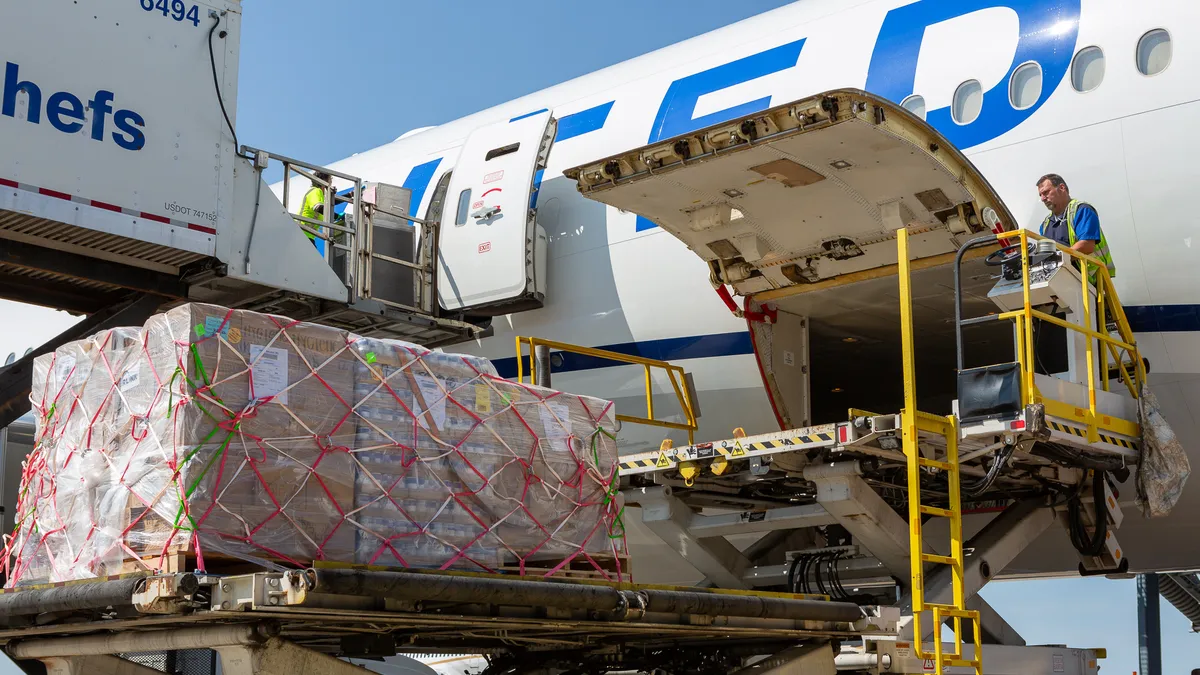Dive Brief:
- General Motors will close two U.S. assembly plants, one Canadian assembly plant and two U.S. propulsion plants in 2019, according to a statement from the company.
- The company will reduce salaried and contract staff by 15%, including 25% fewer executives in an effort to "streamline decision making." Roughly 8,000 salaried workers and 6,000 hourly workers will be laid off or reassigned.
- The plants in question largely manufacture models that GM is discontinuing including the Chevrolet Volt (an electric sedan), Cruze and Impala, among other models.
Dive Insight:
"These actions will increase the long-term profit and cash generation potential of the company and improve resilience through the cycle," said CEO Mary Barra in a statement.
The plan will more than likely bring hard times for the affected communities in Ohio, Michigan, Maryland and Ontario where the plants in question are based. Closures like this and a mass exodus of workers will reverberate to businesses like restaurants, retailers and their supply chains too.
Politicians, including President Trump, are not happy with the call. Through rhetoric and tax cuts, Trump had hoped to avoid such announcements, but with the China GM's largest customer-base, the location of its plants is clearly not a matter of incentives.
"We recognize the need to stay in front of changing market conditions and customer preferences to position our company for long-term success," Barra said in her statement, suggesting that the economic boom of 2018 may be waning.
Interest rates are on the rise, which traditionally slows car sales. But economists seem to have differing opinions on whether the U.S. economy is headed for a slowdown, with some saying there is more hill to climb and some saying we're already on the downward slope.
Mary Barra has come to be known for leaning out GM, even when not absolutely necessary. The CEO came from the supply chain, most recently holding the position of executive vice president of global product development, purchasing and supply chain before taking the helm as CEO in 2014.
It's possible that Barra isn't making a prediction with this move, but preparing for all possible eventualities — as any good supply chain manager would.













